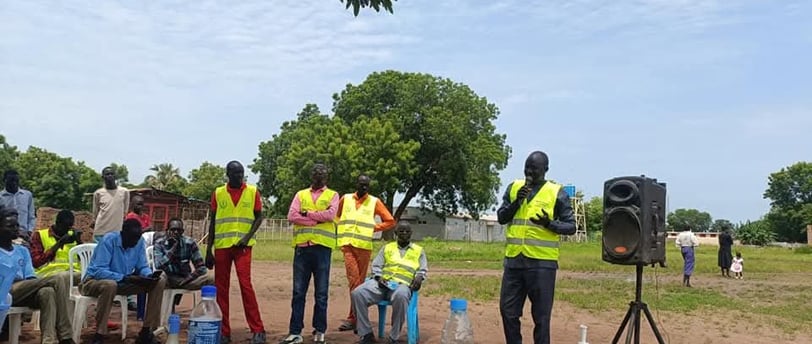Improving Health Outcomes Through Health Education
Health education is vital in South Sudan, where infectious diseases and maternal/child mortality are high, and misconceptions about modern medicine hinder access to care.
HEALTH EDUCATION
HASS


In South Sudan, health education is crucial due to the high disease burden and limited access to healthcare. Infectious diseases like malaria, cholera, and tuberculosis are widespread, while maternal and child mortality rates remain among the highest globally.
Moreover, misconceptions and misinformation about modern medicine are prevalent. Many locals still rely on traditional healers, believing that modern healthcare is ineffective or foreign, contributing to low trust in formal health systems.
A significant portion of the population prefers traditional remedies over modern treatments, often due to cultural beliefs or fear of side effects. This attitude directly affects access to modern healthcare, as individuals delay seeking treatment or avoid it altogether, worsening health outcomes.
Health education programs are essential to change these attitudes, emphasizing the importance of vaccinations, proper sanitation, and using modern medicine for preventive care, ultimately improving public health and reducing mortality rates in South Sudan.
Key objectives:
Raise awareness: Disseminate vital health information on disease prevention, hygiene, and healthy lifestyles.
Combat Misconception and misinformation: To increase community acceptance and use of modern medicine by addressing misconceptions, building trust, and integrating modern healthcare with cultural practices.
Promote healthy behaviors: Encourage practices like proper nutrition, physical activity, and responsible sexual health.
Reduce health disparities: Prioritize vulnerable populations (women, children, people with disabilities) to address specific needs.
Strengthen community resilience: Empower communities to lead their own health initiatives.
Transforming healthcare for a healthier South Sudan.
Health Action in South Sudan |© 2025. All Rights Reserved


HASS Programs
Developed by OptaBulk
